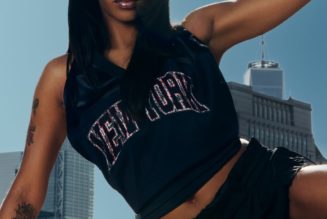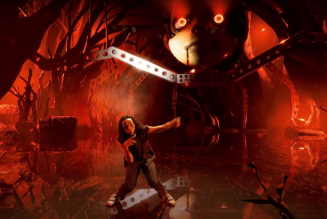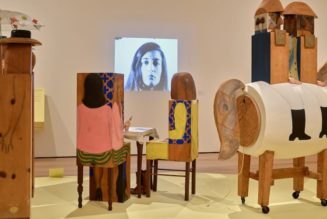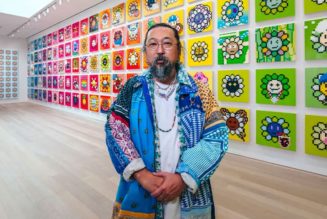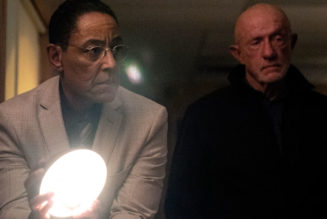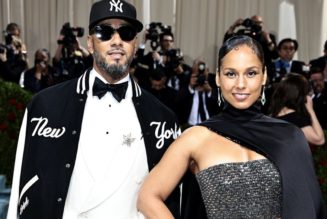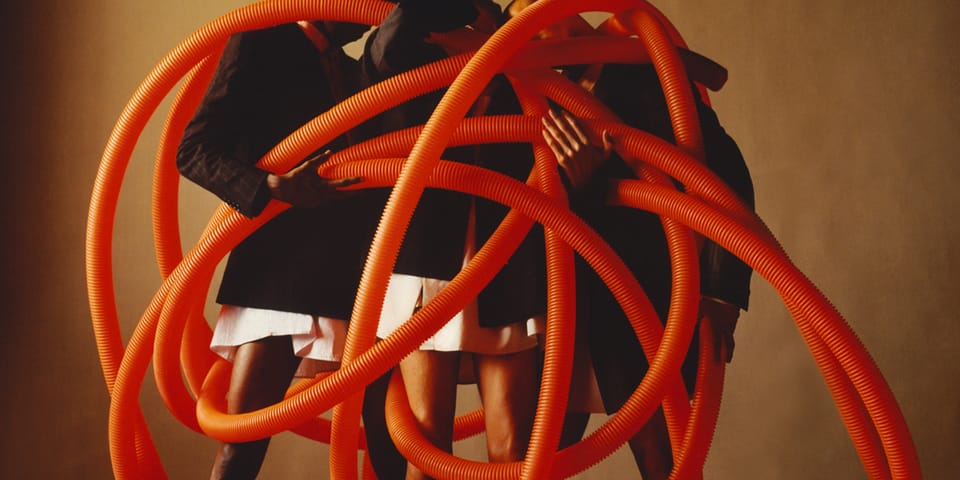
“Engaging in personal projects allows me to work in solitude, reflect, and delve into introspection.”
Can you describe the gear you use — from street and studio cameras to photo editing software? Walk us through the process.
I work between 120mm/4×5 and 35mm. Depending on the situation, I’ll choose the format accordingly. For my documentary work, a lightweight 35mm is less invasive for the subject and will give me more freedom to move. More frames also means more opportunites to capture an unprecedented moment. The Mamiya RB or RZ is perfect for more composed images when the subject is sitting for me or when I shoot in studio. I only work with film cameras, because I feel that this medium better reflects the relationship I have with my work.
I like the idea of creating something tangible, an object I’m seeing out of the moment. I handprint all my negatives and the final result is a three-dimensional object, a document or proof of the moment. The separation of each step also makes more sense to me, coming from a fine art background, where I’ve only ever worked with the tangible. With digital, every step of the process happens at the same time; you capture the moment, you see the result, you edit, you retouch. However, with film, you are forced to leave time between each step – to distance yourself from the effect of the moment to have a more radical eye when editing. It provides me with the context I need to be creative.
How do you balance passion projects with client work? Is there a difference in your approach?
I try to give as much time and importance to my personal work. But it is also thanks to my commercial work that I can take some time and space to develop a personal practice which is at the center of my work. When working with commercial clients, there is very little space for happenstance. It is most of the time a constructed image that has been planned days or weeks in advance, validated by different people, and so it often becomes sterilized in order to fit what’s expected. I think it’s important to never compromise in your personal work so that collaborators and clients will see the value in what is genuine to you, and seek that.
I find the balance between personal and commercial work to be quite fulfilling. Engaging in personal projects allows me to work in solitude, reflect, and delve into introspection. On the other hand, commercial jobs provide me with the opportunity to collaborate with various teams, diverse perspectives, and ultimately means I have to think creatively in order to work within given constraints.


